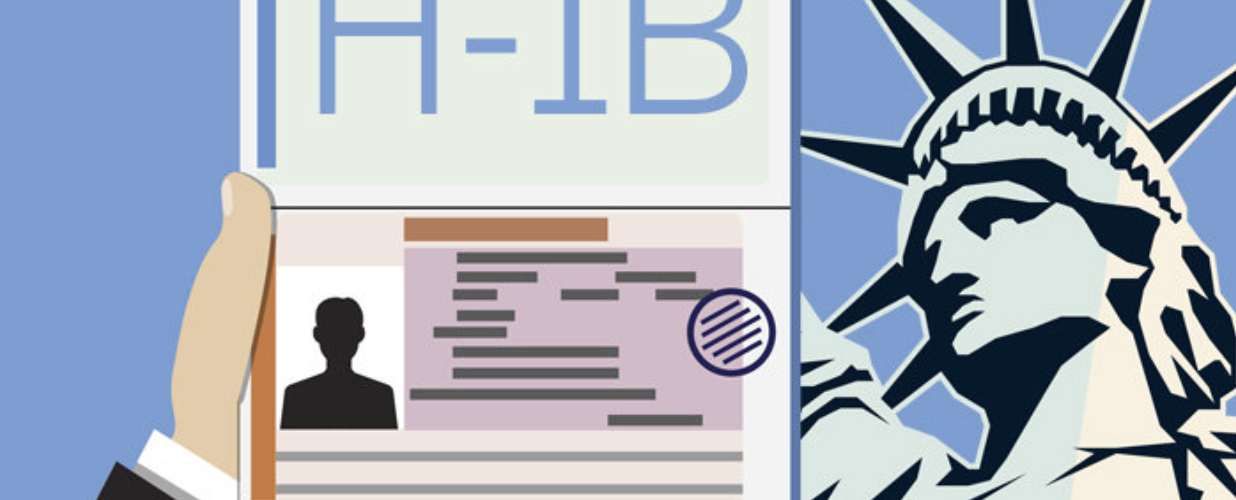For the first time in decades, the nation’s largest guest worker programs could be seeing significant reform.
Introduced by Reps. Zoe Lofgren (D-Calif.), chair of the House Subcommittee on Immigration and Citizenship, and John Curtis (R-Utah), the Equal Access to Green cards for Legal Employment (EAGLE) Act aims to reform employment-based (EB) green cards, the H-1B visa program, and family-sponsored visas.
Broken immigration system
Major immigration reform has been proposed by the past five presidential administrations, including the Biden administration. However, the last major update to the nation’s immigration laws was the Immigration Act of 1990.
That act established caps on many visa programs, including the H-1B visa and a per-country cap on employment-based green cards. As a result, skilled workers are often unable to immigrate to the United States, and those who do are often unable to stay, as green card quotas from large countries are the same number as smaller countries under current law.
“We are now seeing recruiters from outside America luring those with highest skills away from the U.S.,” Lofgren said in a press release.
For decades, Canada and Australia have used merit-based immigration programs, de-emphasizing immigrants’ countries of origin in favor of the needs of their employers. In many cases, potential immigrants are awarded “points” for language skills, degrees and salary offers, with visas being offered to those meeting a required threshold. The United Kingdom implemented a similar program this year.
H-1B visa reform
Since the Immigration Act of 1990, the H-1B visa has been one of the most popular visas for skilled immigrants and employers unable to find niche workers domestically.
The program allows employers to sponsor potential immigrants for temporary permission to enter and work in the U.S. Generally, the visa is valid for three years and extendable for six additional years. However, employers can sponsor H-1B visa holders for permanent residency, commonly referred to as a green card.
Currently, only 85,000 H-1B visas are issued each year, with 20,000 reserved for applicants with master’s degrees and PhDs from American universities. Each year, there are far more than 85,000 applicants sponsored by American employers and a lottery is held.
The program is commonly criticized as being susceptible for fraud, with employers sponsoring and hiring immigrants for less than they would pay an equivalent American worker.
The bill aims to make it harder for fraud to occur, by requiring all H-1B job postings to be listed on the Department of Labor’s website for 30 days and prohibiting an employer from employing more than 50% of its workforce through the H-1B program. Additionally, the EAGLE Act would adjust wage requirements for H-1B jobs to reflect variations in cost of living throughout the United States.
The bill’s sponsors argue that by reducing abuse of the H-1B visa program, American employers truly needing immigrant workers will be better able to meet their needs, without having to increase the H-1B visa cap.
Green card reform
As only a maximum of seven percent of employment-based green cards can be issued to nationals of one country, immigrants from India and China – the world’s two largest countries – seeking permanent residency must face prohibitive, decades-long backlogs.
The bill seeks to remedy current backlogs by gradually phasing out per-country caps by 2032 to prevent U.S. Citizenship and Immigration Services from being overwhelmed with backlogged applications.
















Add comment